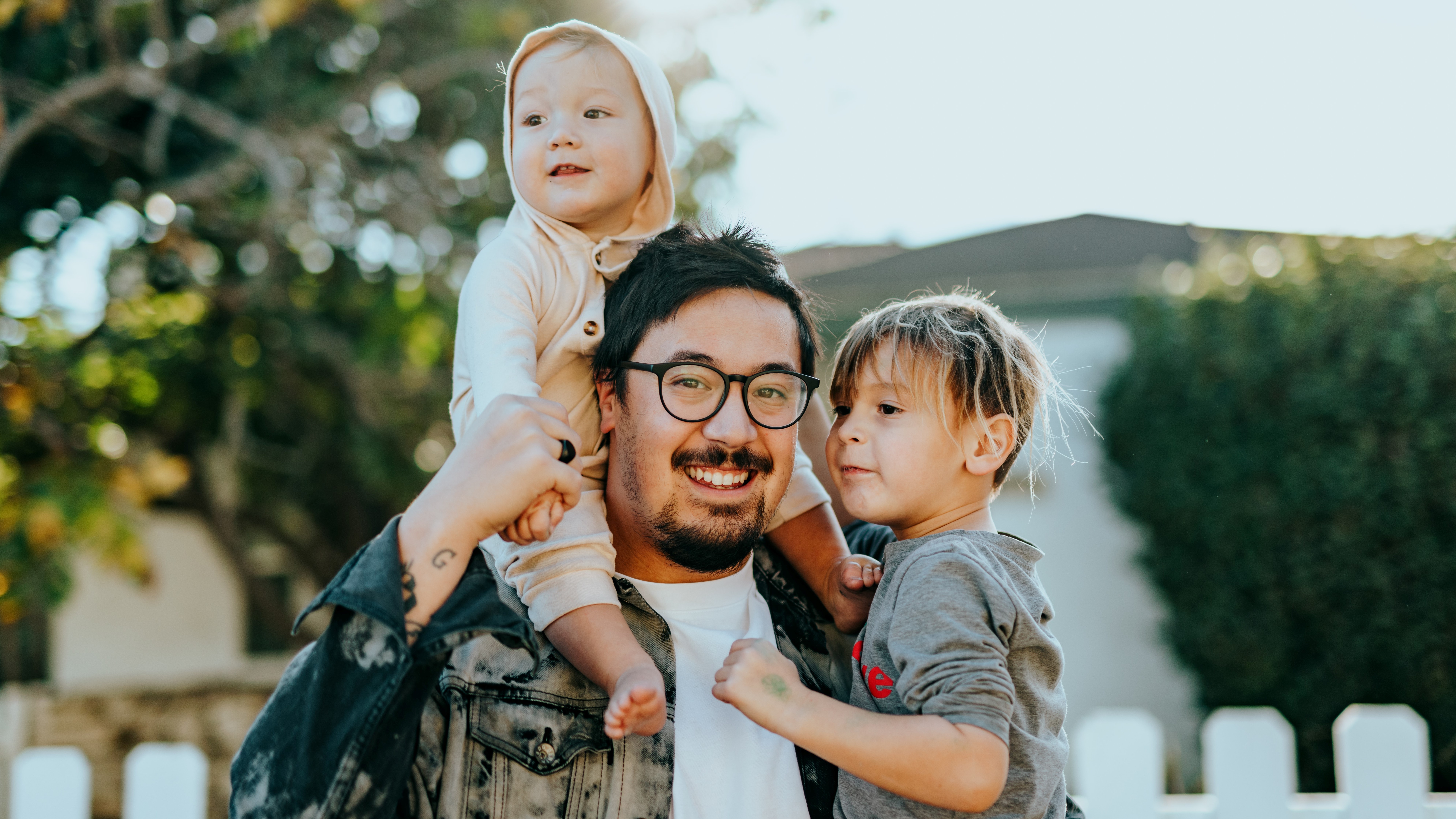 Only hours after we posted a blog exploring reflections on the Ontario basic income pilot, two weeks ago, the Ontario government announced the cancellation of the pilot within 100 days. The Ontario basic income pilot, which reached its full enrolment in April of this year, with 4000 participants, in Thunder Bay, Hamilton, and Lindsay, was scheduled to run for three years, with an in-depth evaluation of the impact of this pilot afterwards. The Progressive Conservatives are discontinuing it after only eight months — despite Premier-elect (now Premier) Doug Ford’s commitment to continuing the pilot if successfully elected.
Only hours after we posted a blog exploring reflections on the Ontario basic income pilot, two weeks ago, the Ontario government announced the cancellation of the pilot within 100 days. The Ontario basic income pilot, which reached its full enrolment in April of this year, with 4000 participants, in Thunder Bay, Hamilton, and Lindsay, was scheduled to run for three years, with an in-depth evaluation of the impact of this pilot afterwards. The Progressive Conservatives are discontinuing it after only eight months — despite Premier-elect (now Premier) Doug Ford’s commitment to continuing the pilot if successfully elected.
Individual participants in the project received just under $17,000 per year (less 50 per cent of earned income), while couples received just over $24,000. Participants with disabilities received an additional $6,000. In November 2016, Hugh Segal presented a discussion paper, “Finding a Better Way”, in which he suggested that one of the pilot’s key governing principles would be that no individual will be made worse off during or after the pilot, as a result of participation in the pilot.
Lisa MacLeod, the Minister of Children, Community and Social Services, as well as Women’s Issues, had this to say during the announcement last week: “This 'broken' program isn't working” (Huffington Post, 2018). When asked by reporters how she knows the program isn't working if the data hasn't been studied yet, MacLeod said, "for the amount it was costing the province of Ontario ... it was certainly not going to be sustainable" (Huffington Post, 2018).
Andrea Horwath, Leader of the Official Opposition, recently told the legislature:
“I’m incredibly worried about what this Premier’s cuts mean to the most vulnerable people across Ontario. Cutting social assistance and cancelling the basic income pilot means that more people will be forced to go to food banks, more people will be at risk of homelessness and more people will struggle to survive” (The Globe & Mail, 2018).
The impact of this news on participants has been one of profound disappointment and anxiety. Debbie Laroque, from Thunder Bay, is “…terrified at the thought of going back on ODSP. I’m a good person. I’m a hard-working person,” Laroque said. “This pilot program was the best thing that happened to me in a long time because I got to find work I could do and try to get ahead. I just lost my night job. I can’t afford to lose this, too. I don’t know what’s going to happen” (TVO, 2018).
Members of the Cities Reducing Poverty network at Vibrant Communities, have been forthcoming in sharing their concerns with the Provincial government in learning of the Basic Income Pilot’s cancellation, and are working to rally a community response. In a recent letter to Minister MacLeod, Sarah Sabihuddin, the Director of the Halton Poverty Roundtable, stated:
The Halton Poverty Roundtable respectfully requests that the Government of Ontario continue the basic income pilot through to its conclusion before making a final decision as to the efficacy, both socially and financially, of the basic income concept.
In light of the current economic climate in Ontario, the low Canadian dollar, the ongoing trade tariff situation with the United States, combined with the cost of living, this is driving uncertainty for the most vulnerable. Bottom line, you know that it is harder for families to survive and the cancellation of the basic income pilot and the cut to our current social assistance program puts far too many at even greater risk.
The impact of this cancellation, in light of the other economic uncertainties the province faces, will likely exacerbate the experience of poverty for most, if not all participants in the Ontario basic income pilot. Darrell Howard, a Community Facilitation & Engagement Specialist with Cities Reducing Poverty Member Vibrant Communities Calgary, published a blog about the news of this cancellation.
Jeffrey Martin, Co-chair of the Hamilton Basic Income Group, has been working to rally a community response. He had this to say in an email communication asking readers to sign a petition to save the Ontario Basic Income Pilot:
The lives of 4,000 people are now on the brink of chaos and confusion — and their levels of stress and mental health are rising as you can imagine. People have made significant changes to their lives already — they’re able to rent a better apartment rather than have to live in buildings owned by slumlords, many are returning to college and training to help them find a better job, some are able to address health issues not covered by OHIP, children are eating better and the overall well-being of our participants has increased immensely in the first year of the pilot.
According to 61% of people polled on a survey on the Toronto Star website believe that the Federal government should pick up the Ontario Basic Income pilot. Sheila Regehr, chair of the Basic Income Canada Network, supports this perspective:
“The federal government already runs income programs for seniors and children, but not for low-income working-age adults” (Toronto Star, 2018).
It remains to be seen, in the coming weeks, if the momentum of community voices supporting the continuation of the Ontario basic income pilot can inspire a meaningful dialogue between citizens, advocates, participants and the government to revisit this decision.





